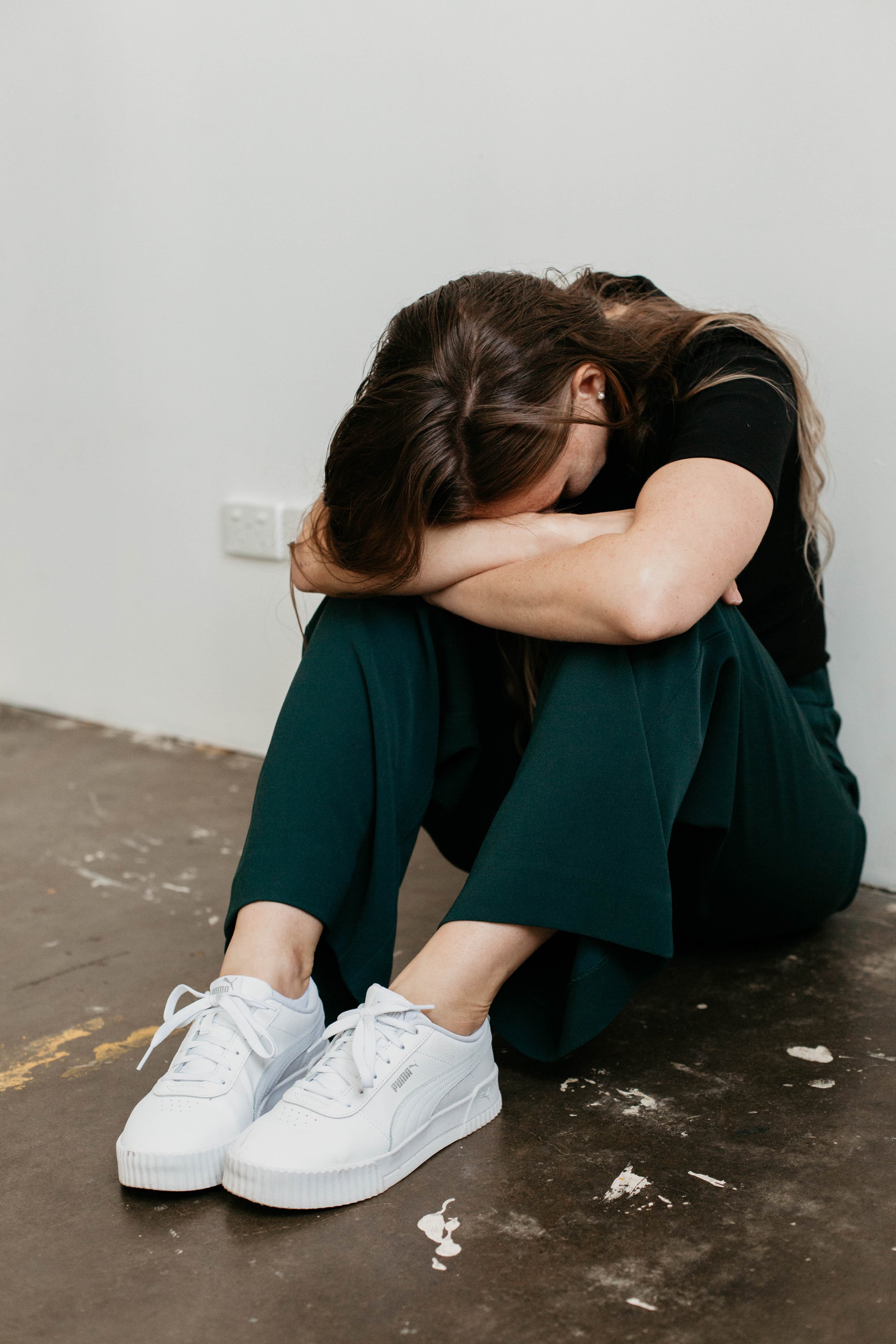
How to help someone with anxiety
How to help someone with anxiety
For those of us who haven’t experienced anxiety, it can be hard to understand not only what it feels like but more importantly the impact anxiety can have on people’s daily life.
If you know of someone experiencing anxiety, one of the most important things you can do is to listen to them, to seek to understand not just to talk them ‘around’. They need a safe space to talk or to be quiet in without feeling like they are being judged or criticised for how they feel.
It can be difficult for you, the person that wants to help and support them so please make sure you have support yourself and good self care strategies in place for you. Regardless of how supportive you are, people that have significant anxiety (it impacts on their daily life) need professional support. This is not an indication of your inability to help them or that they are ‘difficult’ it means that they need specialist support as well as informal supports like friends and family.
All anxiety disorders are treatable with the right support. Perhaps you may talk with someone about considering to talk to a Doctor/GP about their feelings? The Doctor can work with your friend or refer them on to a specialist mental health professional such as a counsellor, psychologist or psychiatrist for treatment short or long term as needed.
How to help someone having an anxiety/panic attack?
Panic attacks usually come on suddenly and the person has unreasonable feelings of fear and anxiety that cause physical symptoms like a racing heart, fast breathing or short of breath, feeling like you are choking or nauseous, dizzy or lightheaded or sweating or hot and cold flushes. This in itself can be a frightening experience and can be debilitating and immobilizing for the person. Often panic attacks are unpredictable and occur without warning and often there are no clear triggers.
Watching someone have a panic attack can be scary for you as well as the person experience it.
Here are some tips that may help:
Stay calm (this is important for both of you)
Ask them if this has happened to them before?
If possible, get them to sit down. You may have to move from a current location which can be helpful to reduce some anxiety in itself.
Saying calm words without judgement can reassure the person and ensure they feel physically and psychologically safe. Telling someone to calm down or it will pass without reassurance is not helpful and can exasperate the issue.
You may ask to breathe with them to help them slow down their breathing (if rapid or shallow).
You may ask them to tell you three things they can see; two things they can touch; one thing they can hear or asking them to count 1 to 10 out loud can help bring them in to the ‘present’.
Giving them something to drink can also bring them in to the now.
When the symptoms have subsided the person may feel disorientated, tired, embarrassed and confused. Reassure them and see if there is someone they can call to come and assist them or confirm that they are safe and ok to go home/leave work etc…
Patience and reassurance are very important to someone having a panic attack, during and after the event.
heart attack OR a panic attack?
If someone says they have pain in their arms or shoulders they may be experiencing a heart attack and they need immediate medical help by calling 000.
Symptoms of a panic attack can include:
sharp pain in the chest
tingling in the hands
shortness of breath
racing heart
sweating
shaking
Symptoms of a heart attack can include:
chest pain
shortness of breath
nausea
vomiting
sweating
If in doubt if someone is having a heart attack OR a panic attack, the best thing to do is to seek urgent medical intervention by calling 000.
resources
WayAhead (Mental Health Information Line)
1300 794 991 ⟶
Website ⟶
Beyond Blue
1300 224 636 ⟶
Website ⟶
Understanding Anxiety
Website ⟶
Australian Psychological Society
1800 22 4636 ⟶
Website ⟶
Virtual Clinic
Website ⟶
